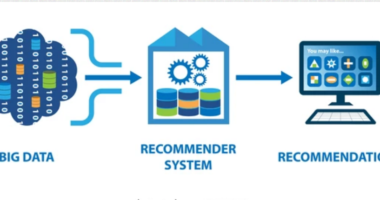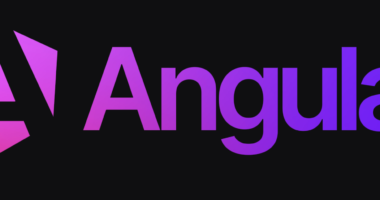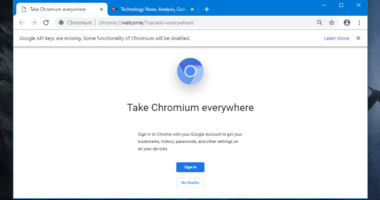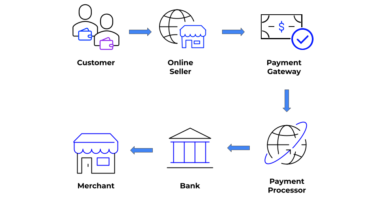In the ever-evolving landscape of cloud computing, businesses face the crucial decision of selecting the right cloud service provider to meet their specific needs. Among the top contenders in the cloud computing arena are Google Cloud, Amazon Web Services (AWS), and Microsoft Azure. Each platform offers a plethora of services and features, making it essential for organizations to carefully assess and compare these offerings before making a decision. In this blog post, we will delve into the key aspects of Google Cloud, AWS, and Azure, facilitating a comprehensive comparison for businesses aiming to leverage cloud technology.
- Infrastructure and Global Reach:
Google Cloud:
- Known for its robust and efficient global network infrastructure.
- Has data centers strategically located around the world to ensure low-latency access to services.
- Google’s global fiber network is one of the largest, providing reliable and high-performance connectivity.
Amazon Web Services (AWS):
- AWS boasts an extensive global infrastructure with data centers in multiple regions.
- Offers a wide range of services and a global network that supports millions of customers.
- Has a well-established Content Delivery Network (CDN) for efficient content distribution.
Microsoft Azure:
- Azure has a strong global presence with data centers in numerous regions.
- Provides a comprehensive suite of services and a global network for scalable and reliable solutions.
- Azure’s global network is designed to accommodate diverse workloads and enterprise requirements.
- Service Offerings:
Google Cloud:
- Known for its strong emphasis on data analytics, machine learning, and artificial intelligence.
- Offers services like BigQuery for analytics and TensorFlow for machine learning.
- Google Cloud’s suite includes a variety of solutions for storage, compute, and networking.
Amazon Web Services (AWS):
- Widest range of services, covering computing power, storage, databases, machine learning, and more.
- Leading in serverless computing with AWS Lambda.
- Offers specialized AI and machine learning services through SageMaker and Rekognition.
Microsoft Azure:
- Known for its integration with Microsoft’s enterprise solutions, such as Windows Server and Active Directory.
- Offers a diverse set of services, including Azure DevOps, Azure AI, and Azure Machine Learning.
- Azure is particularly strong in hybrid cloud solutions, seamlessly connecting on-premises infrastructure with the cloud.
- Pricing Models:
Google Cloud:
- Emphasizes simplicity in pricing, with a pay-as-you-go model.
- Provides sustained use discounts and committed use discounts for long-term commitments.
- Offers a free tier for exploration and small-scale projects.
Amazon Web Services (AWS):
- Follows a pay-as-you-go model with a vast array of pricing options.
- Offers Reserved Instances for cost savings with long-term commitments.
- Provides a free tier for new users to experiment with various services.
Microsoft Azure:
- Implements a pay-as-you-go model, similar to its competitors.
- Utilizes Reserved Virtual Machine Instances for long-term commitments and cost savings.
- Offers an Azure Cost Management tool to monitor and optimize spending.
Conclusion:
Choosing the right cloud service provider depends on a variety of factors, including specific business requirements, technical needs, and budget considerations. Google Cloud, Amazon Web Services, and Microsoft Azure all have their strengths and unique offerings. Businesses must evaluate their priorities and goals to determine which platform aligns best with their needs. The cloud computing landscape is dynamic, with continuous updates and new features, making it essential for organizations to stay informed and reevaluate their choices periodically.











